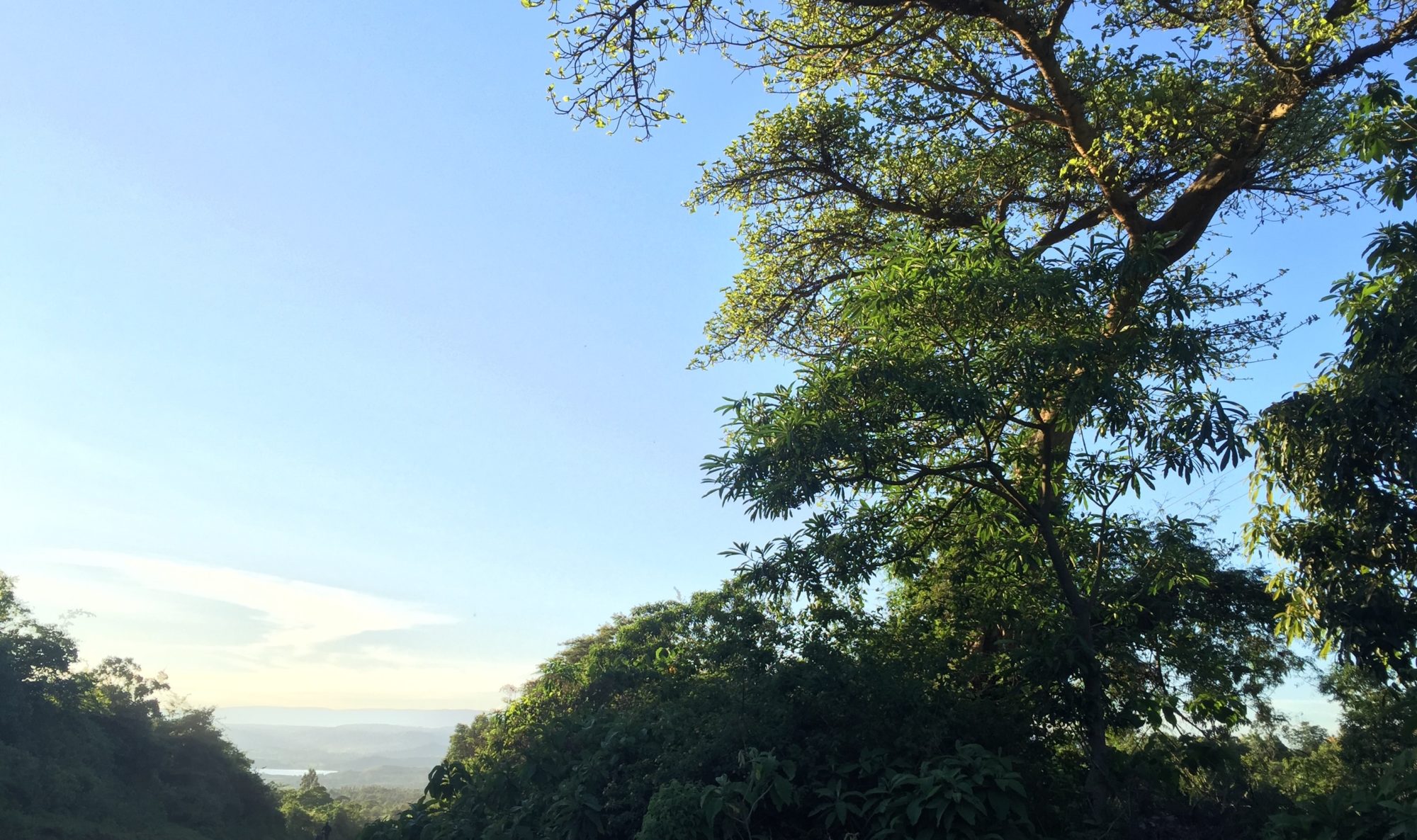Dataset:
Harvey, Andrew. 2022. Gorwaa DoReCo dataset. In: Seifart, Frank, Ludger Paschen, and Matthew Stave (eds.). Language Documentation Reference Corpus (DoReCo). Berlin & Lyon: Leibniz-Zentrum Allgemeine Sprachwissenschaft & laboratoire Dynamique du Langage (UMR5596, CNRS & Université Lyon 2) DOI: 10.34847/nkl.a4b4ijj2
Article:
Harvey, Andrew. 2022. An Ethnography for Fad Diets. In: Africa is a Country. Published 29.03.2022 Link: https://africasacountry.com/2022/03/an-ethnography-for-fad-diets
Dataset:
Malleyeck, Herman, and Andrew Harvey. 2021. A dataset of personal names in Gisamjanga Datooga. DOI: <10.5281/zenodo.7770254>
Data in the photocopied notebook include: 1) the personal name in Gisamjanga Datooga, 2) a hypothesised source, 3) a situation by which a child may acquire the name, and 4) a ging’aweakshooda (in-law avoidance register) alternative for this name. All data and hypotheses are made by Malleyeck.
The recordings represent Herman Malleyeck pronouncing each of the names given in the notebook.
Article:
Harvey, Andrew. 2021. Gikuyu in Catalonia. In: Africa is a Country. Published 05.03.2021 Link: https://africasacountry.com/2021/05/gikuyu-in-catalonia
Report:
Harvey, Andrew, and Richard Griscom. 2020. Haydom language documentation training workshop – January 2020: a report. DOI: 10.5281/zenodo.3971733 Download
Note: This report has not gone through a process of peer review, and findings should therefore be treated as preliminary and subject to change.
Magazine Article:
Harvey, Andrew. 2019. “Lessons from the field.” The ACU Review. 06/12/2019 Link: https://www.acu.ac.uk/the-acu-review/lessons-from-the-field/
Gorwaa Song Featured on News Report:
Rasper, Anke. 2019. “Protecting the world’s languages.” In: Rasper, Anke, and Lovely Wright “World in Progress: Keeping endangered languages alive”. Deutsche Welle 13/11/2019.
Link: https://www.dw.com/en/world-in-progress-keeping-endangered-languages-alive/av-51229987
Listen
Guest Blog Post:
Harvey, Andrew, and Richard Griscom. 2019. “The Rift Valley Research Network: an introduction.” ELAR Blog. 20/06/2019 Link: https://blogs.soas.ac.uk/elar/2019/06/20/the-rift-valley-research-network-an-introduction/
Podcast:
Tsutsui Billins, Martha, and Andrew Harvey. 2019. “Community collaboration for language documentation in the Tanzanian Rift Valley with Andrew Harvey.” Field Notes podcast. 11/06/2019 Link: https://fieldnotespod.com/2019/06/11/ep-7-community-collaboration-for-language-documentation-in-the-tanzanian-rift-valley-with-andrew-harvey/
Guest Blog Post:
Griscom, Richard, and Andrew Harvey. 2019. “Tanzanian community event on language documentation and endangerment.” ELAR Blog. 29/04/2019 Link: https://blogs.soas.ac.uk/elar/2019/04/29/tanzanian-community-event-on-language-documentation-and-endangerment/
Guest Blog Post:
Harvey, Andrew. 2019. “The world is flat, and all the best universities are at the top edge.’ The PIE Blog. 14/03/2019 Link: https://blog.thepienews.com/2019/03/the-world-is-flat-and-all-the-best-universities-are-at-the-top-edge/
Report:
Griscom, Richard, Andrew Harvey, and R. Lindfield. 2018. Report of Language Endangerment Workshop: Babati – July 2018 / Ripoti ya Kongamano la Lugha: Babati – Julai 2018. DOI: 10.5281/zenodo.2529349 Download(English) Download(Kiswahili)
Note: This report has not gone through a process of peer review, and findings should therefore be treated as preliminary and subject to change.
Guest Blog Post:
Harvey, Andrew. 2016. “A day in the field – Andrew Harvey.’ ELAR Blog. 22/12/2016 Link: blogs.soas.ac.uk/elar/2016/12/22/a-day-in-the-field-andrew-harvey
Report:
Harvey, Andrew, Hezekiah Kodi, Josiah Sumaye, Raheli Lawi, Andrea Tsino, Paschal Bu’ú, Stephano Edward, and Festo Massani. 2016. Gorwaa Language Project: Action Plan I (2017-2022); Babati – August 2016 / Mradi wa Lugha ya Kigorowa: Mpango Kazi I (2017-2022); Babati – Agosti 2016 DOI: 10.5281/zenodo.2535899 Download(English) Download(Swahili)
Note: This report has not gone through a process of peer review, and findings should therefore be treated as preliminary and subject to change.
